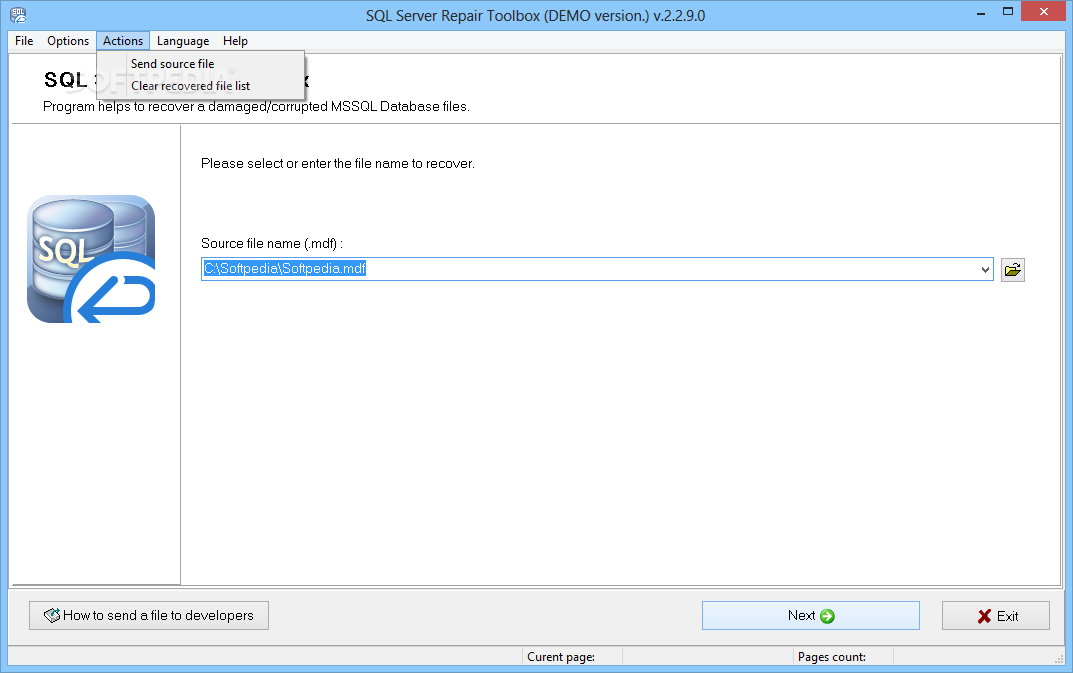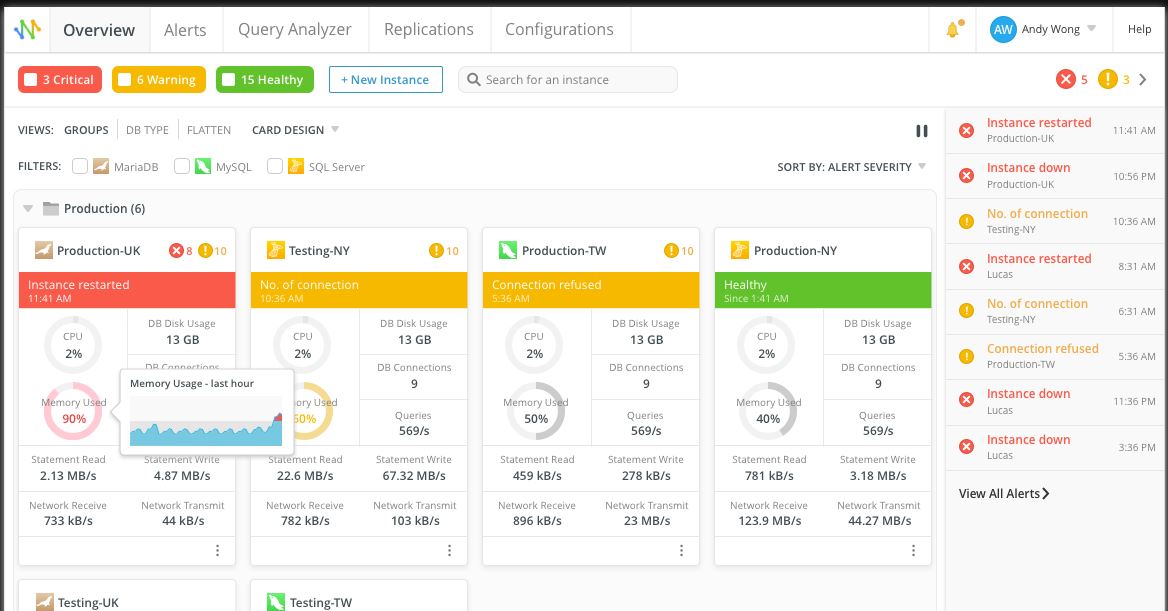PremiumSoft Navicat Essentials for SQL Server 11.2.15
- Navicat Essentials For Sql Server 2013
- Navicat Essentials For Sql Server 2018
- Navicat Essentials For Sql Server 2017
- Navicat Essentials For Sql Server Download
- Navicat Essentials For Sql Server 2020
- Navicat Essentials For Sql Server 2010
- Navicat Essentials For Sql Server 2016
Buy Navicat Essentials in Navicat online store. The Navicat Site License Program (SLP) allows corporations or institutions the right to use a specific number of Navicat licenses concurrently in one physical location. Navicat Essentials for PostgreSQL is a utility that was developed in order to allow people to administer multiple PostgreSQL databases. It will allow them to establish a connection to their.
PremiumSoft Navicat Essentials for SQL Server 11.2.15 | 42 Mb
Navicat Essentials is a compact version of Navicat which provides the basic and necessary features you will need to perform simple database administration. It supports the latest features, including Triggers, Functions, Views, and also comes with an Import/Export tool which allows data conversion from plain text formats such as TXT, CSV, and XML. It can also connect you to local/remote servers, providing several utilities such as SQL editors, import/export, and dump/execute SQL scripts, all of which help facilitate data maintenance.
Navicat Essentials For Sql Server 2013
 Navicat Essentials is for Commercial use and is available for MySQL, MariaDB, SQL Server, PostgreSQL, Oracle, and SQLite databases. If you need to administer all aforementioned database servers at the same time, there is also Navicat Premium Essentials which allows you to access multiple servers from a single application.
Navicat Essentials is for Commercial use and is available for MySQL, MariaDB, SQL Server, PostgreSQL, Oracle, and SQLite databases. If you need to administer all aforementioned database servers at the same time, there is also Navicat Premium Essentials which allows you to access multiple servers from a single application. In SQL Server databases, Navicat Essentials supports:
SQL Server 2000 or above.

SQL Azure.
All SQL Server objects: tables, views, and functions.

Navicat Essentials For Sql Server 2018
All subobjects: fields, indexes, foreign keys, uniques, checks and triggers.Management of linked servers, server triggers.
Management of partition functions, partition schemes, and database triggers.
Management of indexes, synonyms and triggers.
Navicat Essentials For Sql Server 2017
Navicat Essentials For Sql Server Download
Character sets and unicode.Navicat Essentials For Sql Server 2020
Navicat Essentials For Sql Server 2010
Only for V.I.PNavicat Essentials For Sql Server 2016
